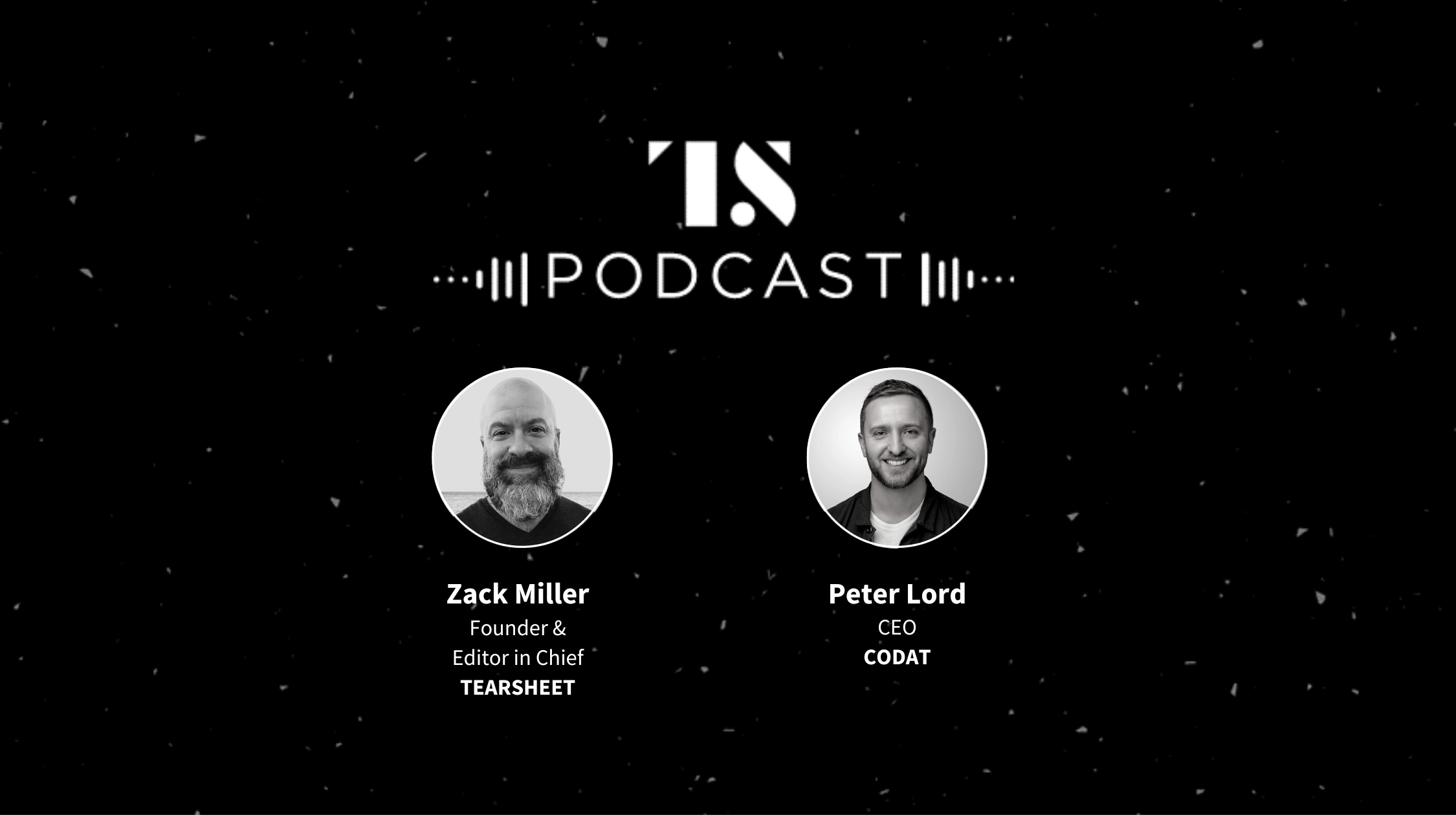Podcasts
‘It’s not just about a QuickBooks integration — you have to look at the business problem’: Codat’s Peter Lord
- Codat zeroes in on small business financial data, which is a very different problem to solve than aggregating consumer data.
- Peter Lord, CEO of Codat, joins us on the podcast to discuss the evolution of use cases for SMB financial data that he’s seen over the past 5 years of running Codat.








